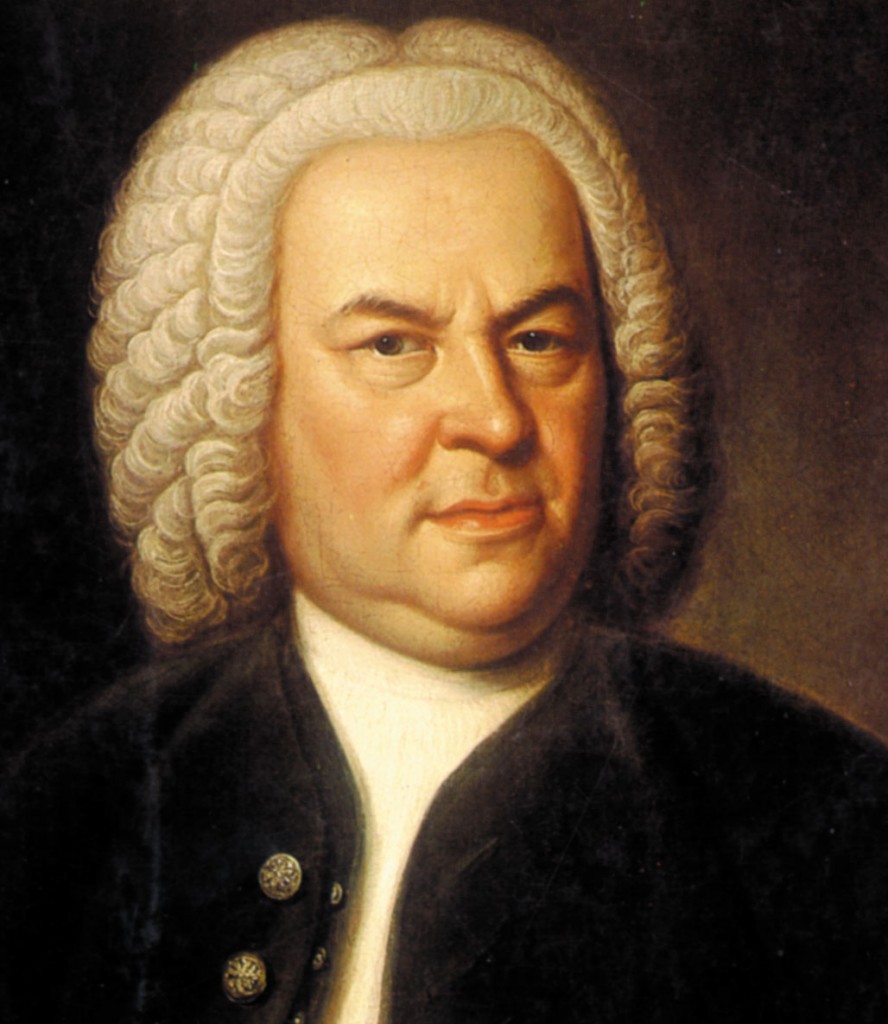 View and download a new performing edition of J.S. Bach’s “Jesus bleibet meine Freude” here.
View and download a new performing edition of J.S. Bach’s “Jesus bleibet meine Freude” here.
Background
One of Bach’s best-known pieces is commonly referred to today as “Jesu, Joy of Man’s Desiring.” The hymn tune actually predates Bach, and was known in his day as Werde munter, mein Gemüthe, composed by Johann Schop. It was Bach who harmonized the hymn and set it against the well-known counter-melody that is the staple of every wedding musician. The music appears in his cantata Herz und Mund und Tat und Leben (Heart and Mouth and Deeds and Life), BWV 147, composed in 1723.
The text Bach uses in his cantata is from the sixteenth stanza of a hymn by Martin Jahn (1661), “Jesu, meiner Seelen Wonne (Jesus, My Soul’s Wonder)”:
Jesus bleibet meine Freude,
Meines Herzens Trost und Saft,
Jesus wehret allem Leide,
Er ist meines Lebens Kraft,
Meiner Augen Lust und Sonne,
Meiner Seele Schatz und Wonne;
Darum laß ich Jesum nicht
Aus dem Herzen und Gesicht.
Here’s the English translation:
Jesus remains my joy,
the comfort and life-blood of my heart;
Jesus shall defend from all sorrow,
He is the strength of my life,
the desire and sun of my eyes,
My soul’s treasure and wonder;
therefore I will not let Jesus
out of my heart and sight.
The text that is now commonly associated with Bach’s music, “Jesu, Joy of Man’s Desiring,” was penned by Robert Bridges and first appeared in the Yattendon Hymnal, 1899. The textual content bears no relation to the original German used in Bach’s cantata.
Below is a new English text for church use. It is a metricized paraphrase of the German, with an emphasis both on translational similarity and singability. One significant change is the first word: the anglicized pronunciation of “Jesus” doesn’t seem to match the stateliness of the text. Rather than using the archaic “Jesu,” it has been replaced with “Christ.”
Christ remains my joy forever,
Life and comfort of my heart.
From His hand no grief can sever,
Strength to weary souls imparts.
Light and gladness full in measure,
Thrills my soul, its richest treasure;
Christ shall be unfading light,
For my heart and for my sight.
Manuscript
This performing edition is typeset from an undated autographed manuscript, ms. Bach P 102, housed at the Staatsbibliothek zu Berlin. You can view and download the manuscript here. The chorale begins on page 16.
The Violin I/Oboe part was originally written in 9/8, with the other parts written in 3/4.
The only change to the score is m. 53 beat 2, where the tenor and bass notes have been exchanged for ease of singing.
